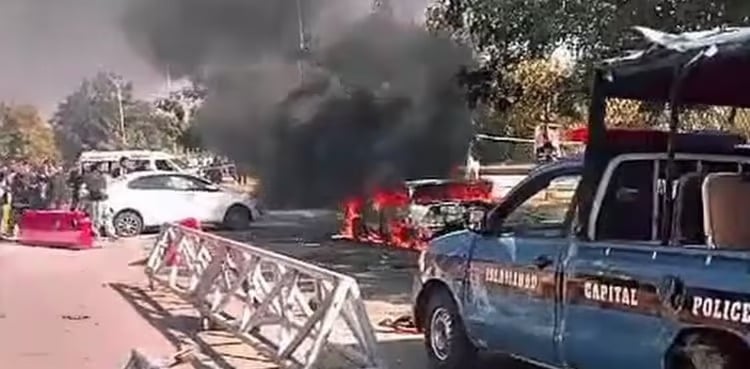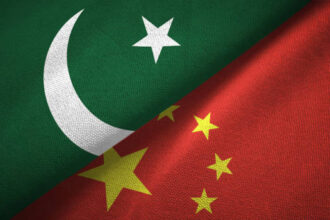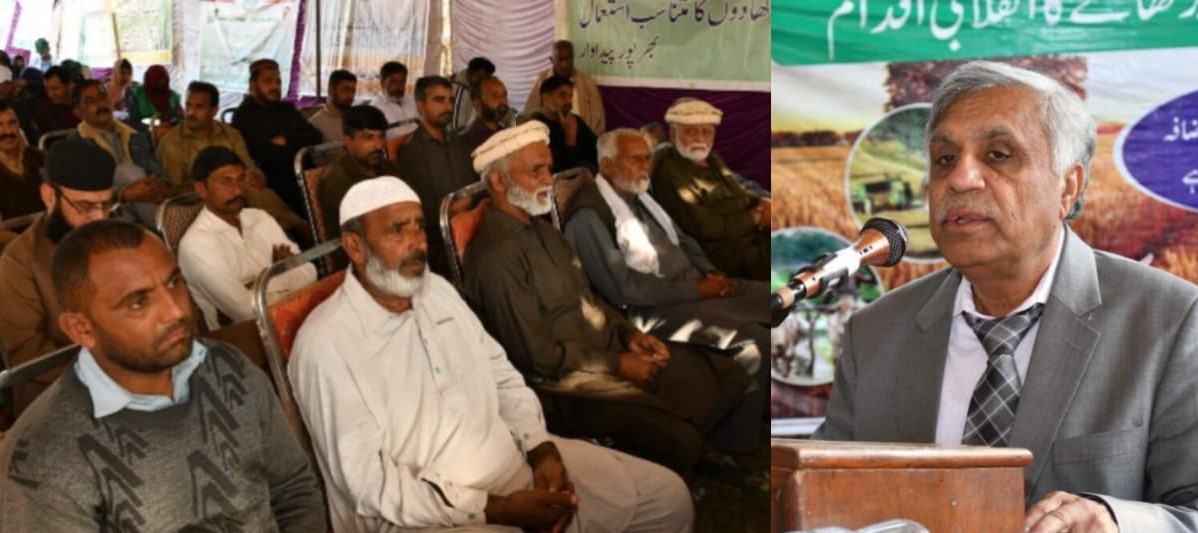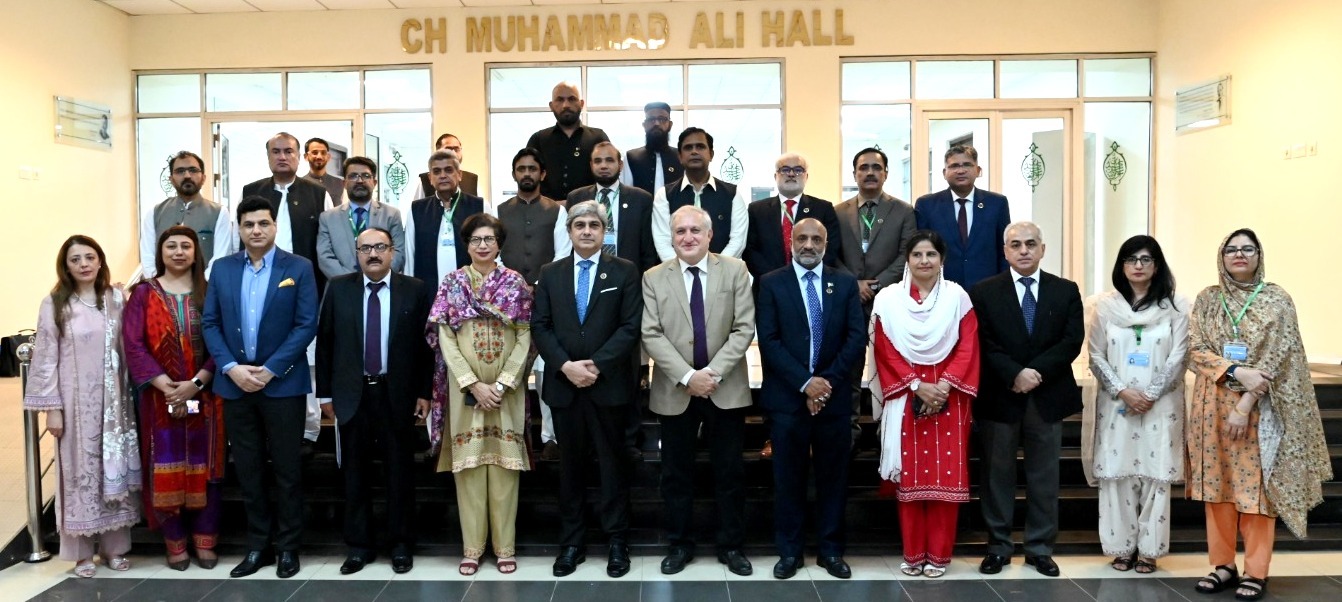ISLAMABAD (Reuters) — Interior Minister Mohsin Naqvi said on Thursday that Afghan nationals were responsible for two deadly suicide bombings in Pakistan earlier this week, including one in the capital city of Islamabad.
Speaking during a televised session of parliament, Naqvi said both attackers had been identified as Afghan citizens. “We are linking this blast today with several other developments, and in the coming days, the full picture will become clear,” he added. Kabul has not yet issued an official response to Islamabad’s claims.
The first incident took place on Tuesday, when a suicide bomber detonated explosives near a police patrol outside a lower court in Islamabad’s judicial complex, killing 12 people and injuring 27 others. The blast occurred as the capital was hosting multiple high-profile international events, including the Inter-Parliamentary Speakers’ Conference and the 6th Margalla Dialogue, while a Pakistan–Sri Lanka cricket match was also underway in nearby Rawalpindi.
A day earlier, another bomber had driven an explosives-laden vehicle into the entrance of a military-run cadet college in South Waziristan’s Wana area, near the Afghan border. The explosion killed three people, and the ensuing gun battle between militants and security forces continued for over 24 hours before all assailants were neutralized.
Facilitators Arrested in Rawalpindi
In a significant development following the Islamabad attack, Rawalpindi’s Counter-Terrorism Department (CTD) on Thursday arrested seven suspects accused of facilitating the suicide bombing. According to police sources, the arrests were made during raids in Rawalpindi’s Fauji Colony (Pirwadhai area) and Dhoke Kashmirian, with an additional operation conducted in Khyber Pakhtunkhwa.
Investigators had earlier detained a motorcycle rider from an online ride-hailing service who had unknowingly transported the bomber to the attack site. The rider, identified through CCTV footage, was traced and taken into protective custody after confirming that the attacker had paid him the fare before detonating the explosives.
Minister of State for Interior Talal Chaudhry later confirmed that the suicide attacker was “not a Pakistani national.” In an interview, Chaudhry stated, “The bomber did not know Pakistan’s language nor was he familiar with the country’s currency.”
‘State of War’ Declaration
In response to the attacks, Prime Minister Shehbaz Sharif accused India and Afghanistan of being involved in recent terrorist incidents and vowed a “befitting response” to what he described as enemies of Pakistan.
Defence Minister Khawaja Asif also termed the Islamabad blast a “wake-up call,” saying Pakistan was “in a state of war.” He warned that those who believed terrorism was confined to remote regions were mistaken. “Today’s suicide attack at the Islamabad district courts is proof that the threat is widespread,” he said, expressing doubts about any meaningful progress in counter-terrorism cooperation with Kabul.
Tensions between Pakistan and Afghanistan have been escalating, with Islamabad repeatedly accusing militant groups operating from Afghan territory of orchestrating attacks inside Pakistan. Kabul, however, denies providing sanctuary or support to such groups. The situation further deteriorated last month when dozens of soldiers were killed in border clashes between the two neighbors.
Read more related news here: https://thepublicpurview.com/
For climate-related news, visit The Green Post





